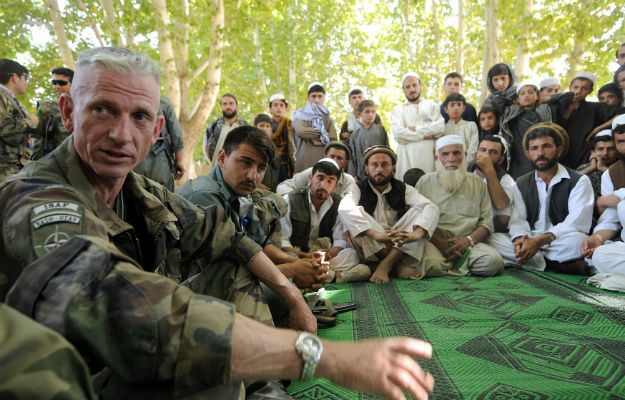Pashtunwali is the traditional code of conduct for the Pashtun people of Afghanistan. It includes a set of principles that guide Pashtun behaviour in all aspects of life, from family relations to politics. The code is based on the concepts of honour, revenge, hospitality and self-reliance. Pashtunwali has been passed down through the generations orally, and is still followed by many Afghans today. In this blog post, we will take a closer look at Pashtunwali and its main principles. We will also explore how it has shaped Afghan culture and customs over the years.
What is Pashtunwali?
Pashtunwali is a code of honor that governs the lives of Afghan Pashtuns. It is based on four pillars – nanawati (hospitality), melmastia (guest-host relationship), badal (revenge), and tuqqah (bravery). Pashtuns who live by this code are known as “men of honor.”
Nanawati is the practice of providing shelter and hospitality to guests, even if they are strangers. This is based on the belief that all humans are equal and should be treated with respect.
Melmastia is the guest-host relationship. This dictates that hosts must protect their guests and provide for their needs, while guests must show respect and appreciation for their host’s generosity.
Badal is the concept of revenge. This means that if someone wrongs a Pashtun, it is their responsibility to seek justice, even if it means risking their own life.
Tuqqah is bravery. This pillar dictates that Pashtuns must always stand up for what they believe in, even if it means facing danger.
The Origins of Pashtunwali
Pashtunwali is a set of ancient Afghan customs that date back centuries. The code of conduct is based on the concepts of honor, hospitality, and revenge. It is still followed by many Afghans today, especially those living in rural areas.
Pashtunwali has its origins in the Pashtun tribe, which is one of the largest ethnic groups in Afghanistan. The code of conduct was originally developed to help the Pashtun people survive in a hostile environment. It helped them to maintain their cohesion as a community and to protect their way of life from outside forces.
Over time, Pashtunwali has been adopted by other Afghan tribes and communities. It is now seen as a key part of Afghan culture and identity.
The Principles of Pashtunwali
Pashtunwali is the traditional code of conduct of the Pashtun people, who are native to Afghanistan and Pakistan. The code is based on four basic principles:
1. Melmastia (hospitality): This principle dictates that a Pashtun must provide shelter and food to any guest who arrives at his door, regardless of whether the guest is friend or foe.
2. Namus (honor): This principle dictates that a Pashtun must always uphold his honor and that of his family, tribe, and fellow Pashtuns. A man’s word is his bond, and he will go to great lengths to defend his reputation.
3. Badal (revenge): This principle dictates that a Pashtun must seek revenge for any wrong done to him or to his kin. Blood feuds are common among Pashtun tribes, and they can last for generations.
4. Tawarruk (bravery): This principledictates that a Pashtun must always be courageous and ready to fight for what is right, regardless of the odds.
Pashtunwali in Practice
Pashtunwali is a set of principles that guide the Pashtun people in their everyday lives. It is based on the concepts of honour, self-reliance, hospitality, and revenge. Pashtunwali is often invoked to settle disputes between individuals or groups.
Pashtuns are expected to uphold the tenets of Pashtunwali at all times. Failure to do so can bring shame not only on the individual, but on their family and tribe as well. The most important thing for a Pashtun is to maintain their honour. This means avoiding anything that could dishonour them, such as fleeing from a fight or refusing to help a fellow Pashtun in need.
Pashtuns are also expected to be self-reliant. They should be able to take care of themselves and their families without relying on others for help. Hospitality is another important principle of Pashtunwali. A Pashtun must offer shelter and food to any traveller who asks for it, regardless of whether they are friend or foe.
Finally, revenge is an essential part of Pashtunwali. If someone wrongs a Pashtun, it is their responsibility to seek vengeance. This vendetta can only be ended when the offender has been killed or has paid blood money to the victim’s family.
Conclusion
Pashtunwali is a set of customs and traditions that have been followed by the Pashtun people for centuries. These customs govern everything from how disputes are resolved to how guests are treated. While some aspects of Pashtunwali may seem harsh to outsiders, it is important to remember that these customs are deeply rooted in the values of the Pashtun people and play an important role in their society.
